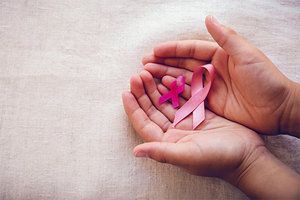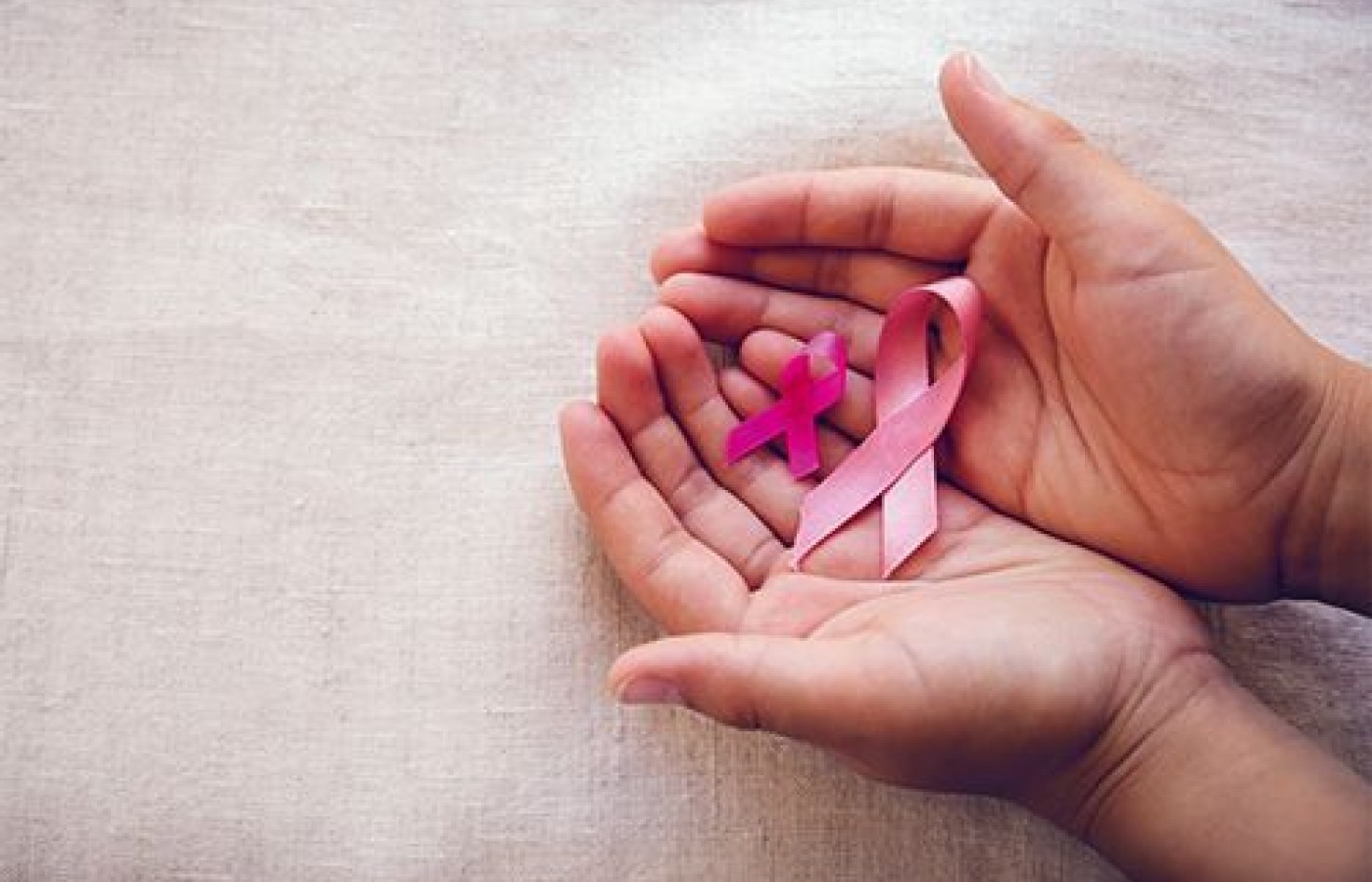It’s a new year and many chiropractors are evaluating what will enhance their respective practices, particularly as it relates to their bottom line. One of the most common questions I get is: “Do I need to be credentialed to bill insurance, and what are the best plans to join?” It’s a loaded question – but one every DC ponders. Whether you're already in-network or pondering whether to join, here's what you need to know.
Your Patients With Cancer Need You
It was a chilly Minnesota morning in March 1999 when she asked to speak to me alone. My then-busy chiropractic practice wasn't built for much privacy, but I quickly scooted the 60-some-year-old, white-haired patient to my exam room, as the open adjusting area was buzzing with excitement.
Her face was stiff, which scared me; she was always smiling. What was wrong? Once secure from the bustle, she shared her secret: She'd just been diagnosed with triple-negative breast cancer in both breasts. She told me how her oncologist demanded she start chemotherapy immediately and told her if she didn't, she had three months to live.
I'm a chiropractor, I thought silently. Why are you telling this to me?
Most of you who have been in practice for a length of time have partaken in similar conversations. Patients diagnosed with diseases that fall well outside of your scope of practice confide in you, seek comfort and a compassionate ear, and are yearning for an alternative perspective. I believe you can help them.
This sweet woman changed my practice and my life, eventually leading me to give up my chiropractic license to commit to a "calling" to serve those with cancer. While I'm not advocating for anyone to follow such a path, I am challenging you to equip yourself with the tools necessary to help support such seriously ill patients, which is well within your scope. Here's how...
Oncologists Don't Have All the Answers – and Most Patients Know It

Be reasonable; most oncologists are doing everything they can to save their patient's life, but their hands are tied. Learn to co-care for your patient and stop bashing medicine. Offering nutritional support throughout their chemo, radiation and surgery with simple suggestions regarding diet and detoxification can literally make the difference between life and death.
Less Is More
I have seen numerous people with cancer taking dozens of different supplements because they "saw it online," "read it in a book," or it was suggested by a friend whose "cousin's brother's girlfriend used it for their cancer." The point is, when standard medicine is failing them, people seek other solutions and often fall victim of scams.
People need direction, especially when they've exhausted all of medicine's resources. You can be the calm in the midst of their storm to help bring wisdom to their decisions.
Though I offer numerous nutritional suggestions in my book (it's a free download), I never advocate that one should do everything. Honestly, choosing one or two approaches would generate better results.
Support the Liver
When a patient is using chemotherapy, cancer cells are dying (hopefully). This lysis produces endotoxins – cellular debris that must exit the body. Supporting liver, colon and kidney detoxification can greatly reduce a patient's "side effects" from these harsh drugs.
Patients cannot become constipated, as they will just reabsorb poisons. Using coffee enemas may help support both the liver and the colon, as well as help stimulate a parasympathetic response necessary for healing.
Adjust Them
I always suggest cancer patients (or anyone, for that matter) get adjusted regularly. Keeping a healthy nervous system is essential. Be aware, however, of possible metastasis to bone that may require caution.
Take Time to Listen – and Then Listen Some More
Patients with cancer often need to be heard. In the hurry and hustle of an oncologist's office, people may feel they were "herded down a path" before they had time to truly digest their diagnosis. Schedule some extra time to sit and listen to them without judging their decisions of care; offer your professional support to the level you feel equipped to do so; and simply "hurt" with them for awhile.
You Truly Can Help
Over the years, she'd stop in the office often, usually on her way to Goodwill or just to show off her ugly Christmas sweater. Her smile was her calling card and her gratefulness was evident, but it was what she gave me – belief in possibilities, passion for the hopeless, and a deeper faith in the One who created us that gives my heart a sense of peace that truly exceeds all understanding every time I think of her. She passed away two years ago from something else.
I wish I could say you will help all your patients survive and thrive, but it just isn't so. People die, that's the reality; it's horribly painful and your grief will be as agonizing as the depth of your compassion. However, I urge you to explore such vulnerability for the sake of those who need you, because you truly can help!



